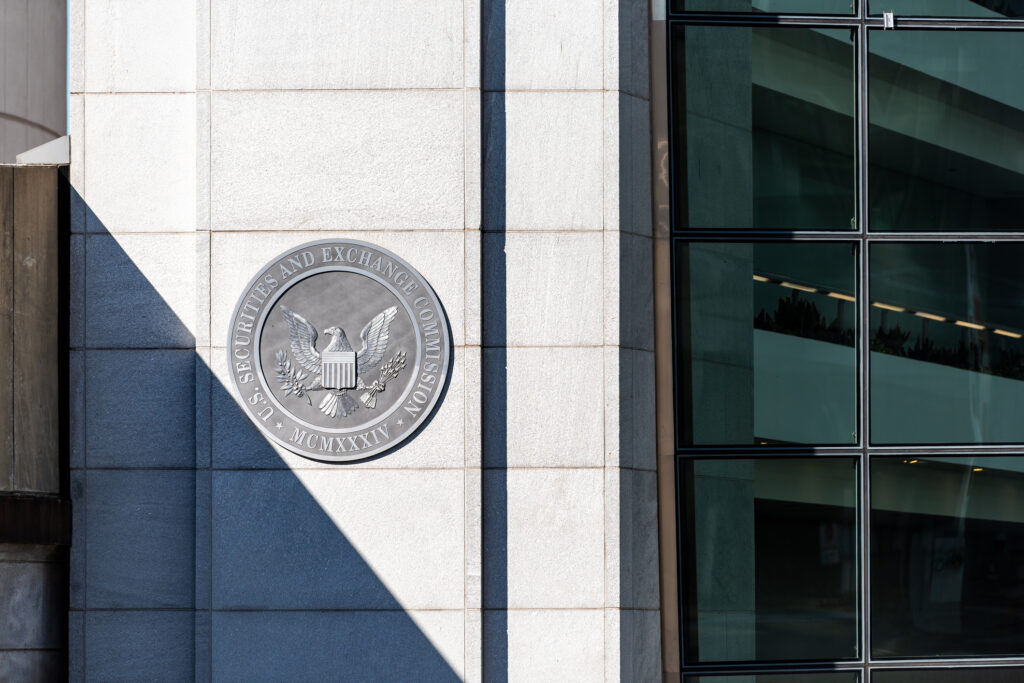By Courtney K. Corallo, CPA, Partner

New rule gives firms more time to prepare for electronic and structured data reporting
On December 16, 2024, the U.S. Securities and Exchange Commission (“SEC”) adopted rule amendments under the Securities Exchange Act of 1934 that require, among other things, electronic filing and/or structured data requirements for submission of certain forms that are required to be filed with or submitted to the SEC. Effective September 10, 2025, the SEC extended compliance dates for several of the rule amendments. For broker-dealers preparing for the transition to structured data reporting and EDGAR submissions, this extension offers welcomed breathing room to develop compliant technology, update internal systems, and clarify policies and procedures.
What changed?
The SEC’s final rule, Release No. 33-11386, pushes back the compliance dates for several amendments by 12 months. Originally set to phase in between January 1, 2026, and June 30, 2028, the new timeline ranges from January 1, 2027, to June 30, 2029. This delay does not apply to all rule amendments. Filings with compliance dates of March 24, 2025, as well as requirements for new derivative securities products and certain annual EDGAR-submitted reports, remain unchanged.
Below are key changes:
- FOCUS Reports (Form X-17A-5 Part III) – The amendments require broker-dealers to file annual FOCUS Reports electronically through the SEC’s Electronic Data Gathering, Analysis, and Retrieval (“EDGAR”) system using structured data requirements. The compliance date has been extended by 12 months to March 1, 2027.
- Annual Audited Reports submitted to the SEC – The amendments require broker-dealers to file annual audited financial statements and related reports electronically via EDGAR using structured data requirements. The compliance date has been extended by 12 months to March 1, 2027.
- Annual Form 17-H Filings – The amendments require broker-dealers to file their annual risk assessment report, Form 17-H, electronically through EDGAR. The compliance date has been extended by 12 months to December 31, 2026.
- Technical and Instructional Updates to FOCUS Reports – The amendments include updates to the instructions for FOCUS Reports Part II, IIA, and IIC to align with other SEC rules and to explicitly allow for electronic signatures. The compliance date has been extended by 12 months to March 1, 2027.
Why the extension?
Industry representatives and market participants advocated for a delay, citing several factors:
- Lack of finalized structured data taxonomies
- Time needed to develop and test technology solutions
- Internal system upgrades and policy refinements
- Avoidance of unnecessary operational costs
The SEC agreed, noting that immediate certainty was necessary to prevent broker dealers from incurring unnecessary costs in anticipation of the original deadlines.
What this means for broker dealers
This extension is more than a deferral. It is an opportunity to prepare with intention. Broker dealers now have a window to:
- Align internal compliance and IT teams
- Explore scalable filing technologies
- Educate staff on upcoming structured data requirements
- Streamline documentation processes
- Reduce long-term compliance burdens
The shift toward structured data and electronic filing reflects the SEC’s broader push for modernization, transparency, and data usability. While the extension provides time, it also signals that digital transformation in regulatory reporting is coming.
Next steps
If you are wondering how this impacts your specific reporting requirements or what steps to take now, we are here to provide sound advice. Keiter’s Financial Services team bring experience, insight, and a forward-looking approach to broker-dealer compliance matters.
Questions specific to your firm? Contact your Keiter Opportunity Advisor | Email | Call: 804.747.0000
Source: Checkpoint
About the Author
The information contained within this article is provided for informational purposes only and is current as of the date published. Online readers are advised not to act upon this information without seeking the service of a professional accountant, as this article is not a substitute for obtaining accounting, tax, or financial advice from a professional accountant.



